|
Two policy initiatives were recently announced by the Government of Nova Scotia. Emily was interviewed by CBC's Jean Laroche to share her perspectives on these initiatives, and how they align with PUPPY Study findings.
You can listen to Emily's interview below.
0 Comments
In this PUPPY Study publication, primary care providers and policymakers in Nova Scotia share their perspectives on financial incentives to attach patients to a primary care provider. Participants shared mixed perspectives on the efficacy of such incentives, and offered alternative strategies for supporting patient attachment to primary care.
Follow the link for the full article: www.longwoods.com/content/27090/healthcare-policy/-a-band-aid-solution-policy-maker-and-primary-care-provider-perspectives-on-the-value-of-attac Or review our infographic below: In this PUPPY Study publication, we used linked administrative billing data and data from the Need a Family Practice Registry (a centralized primary care waitlist in Nova Scotia) to demonstrate changes in hospitalizations and emergency department use during the first two waves of the COVID-19 pandemic in Nova Scotia.
Follow the link to the full article: www.cmajopen.ca/content/11/3/E527 Or review our infographic below: COVID-19 – an opportunity to improve access to primary care through organizational innovations?6/8/2022 In this PUPPY Study publication, we share perspectives of policymakers and primary care providers on primary care innovations put in place during the COVID-19 pandemic.
Participants in our study described several innovations introduced during the pandemic, and shared how these innovations were enabled by a collective sense of urgency. Follow the link to read more: https://doi.org/10.1186/s12913-022-08140-w In this PUPPY Study publication, community pharmacists share their perspectives on how they supported attached and unattached patients during the COVID-19 pandemic, and facilitated ongoing access to primary care.
Follow the link to read the full article: doi.org/10.1007/s11096-022-01430-7 Check out our infographic below: PUPPY Study Co-PI Dr. Jennifer E. Isenor presented at The CPE (Centre for Practice Excellence) & OPEN (Ontario Pharmacy Evidence Network) Symposia on Embedding Pharmacy in Primary Care. Jennifer presented PUPPY Study findings on how community pharmacists supported attached and unattached patients before and during the COVID-19 pandemic, and the critical role they play in primary care. View Jennifer's presentation below: Emily recently presented at the CanCOVID Speaker Series. CanCOVID is a dynamic open science collective dedicated to rapidly mobilizing and sharing knowledge to help guide Canada’s COVID-19 response. Since March 2020, CanCOVID has grown to become one of Canada’s leading online science and research communities with over 2,500 members, rapidly producing and disseminating over 500 credible resources in response to the pandemic and post-pandemic future. View Emily's presentation below: Author: Dr. Emily Gard Marshall First published on CAHSPR Connects: https://cahspr.ca/cahspr-connects-covid-19-research-pivots/ We got funded by the Canadian Institutes of Health Research (CIHR) to do health services research! This may not sound like major news, but health services make up a small proportion of CIHR funding (figure 1), and success rates for CIHR funding have been dwindling from 30% in 2005 to a rate below 15% in 2018. According to CIHR, “health services research is a multidisciplinary field of scientific investigation that studies how social factors, financing systems, organizational structures, health technologies, and personal behaviours affect access to health care, the quality and cost of health care, and, ultimately, Canadians’ health and wellbeing”, and “includes the goal of improving the efficiency and effectiveness of health professionals and the health care system, through changes in practice and policy.” So, while a small proportion of CIHR funding, the work of this pillar is of critical importance to the health and wellbeing of Canadians, and has never been more relevant and needed than in our new COVID-19 reality. Figure 1: CIHR Investments by Primary Theme Over Time (in millions of dollars)Source: cihr-irsc.gc.ca/e/50218.html So, we got funded, YAY! But getting funded was not enough this time. Just as we started preparing our research ethics application to begin our “CUP-Study”, to conduct a comparative analysis of centralized waitlist effectiveness, policies, and innovations for connecting unattached patients to primary care providers, the word came – a halt to our research activity until further notice due to advancing COVID-19. We needed to pivot, (a word that had more use in 2020 than in the last 5 years combined, along with “you’re on mute” and “sorry, my kids are running around”), to conduct research that could be carried out safely and included COVID-19 relevance. And we succeeded. Here’s how:
While we were prepared and successful in pivoting to COVID-times, I recognize many great teams were not as fortunate. These are extraordinarily challenging times. Many have lost loved ones, had their research programs halted, are working from home with increased responsibilities, or had to let go of talented research staff. Perhaps the most important lesson emerging from COVID-19, is that the health and wellbeing of all humanity is inescapably linked to how well we support and care for all human beings. My hope is that COVID-19 may lead to greater focus on equity and social determinants of heath, not only in our own backyards, but globally. Health services research and primary healthcare will play a vital role in this. So, let’s fund more of it!!! To learn more about our PUPPY-Study, please follow and contact us at… Email: [email protected] Twitter: @PUPPY_STUDY Website: www.emilygardmarshall.ca/puppy |
Dr. Emily Gard Marshall, PhDPrimary healthcare researcher and Nominated Principal Investigator for the PUPPY-Study Archives
September 2023
Categories |
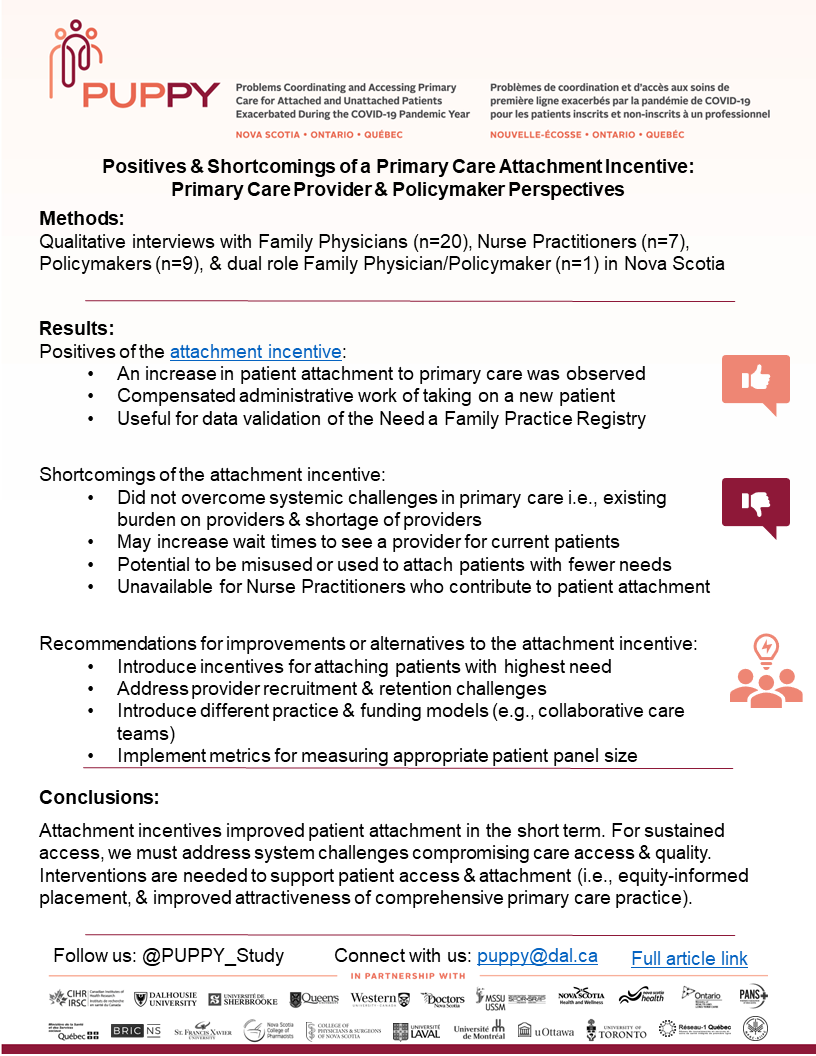
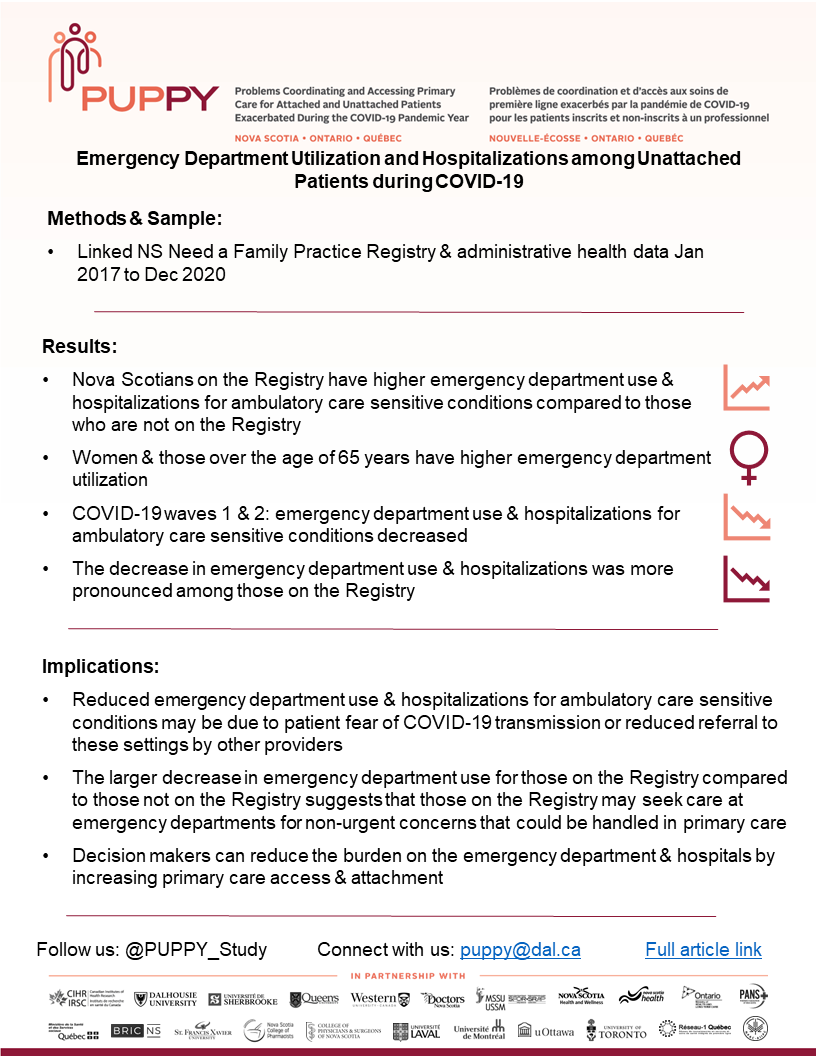
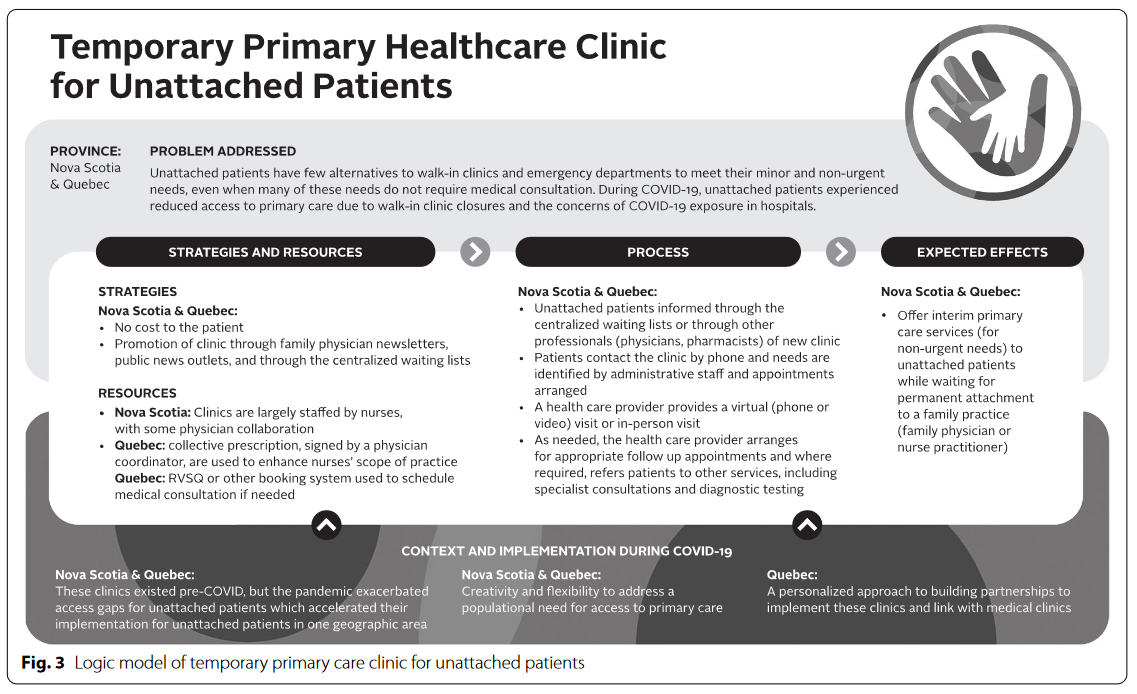
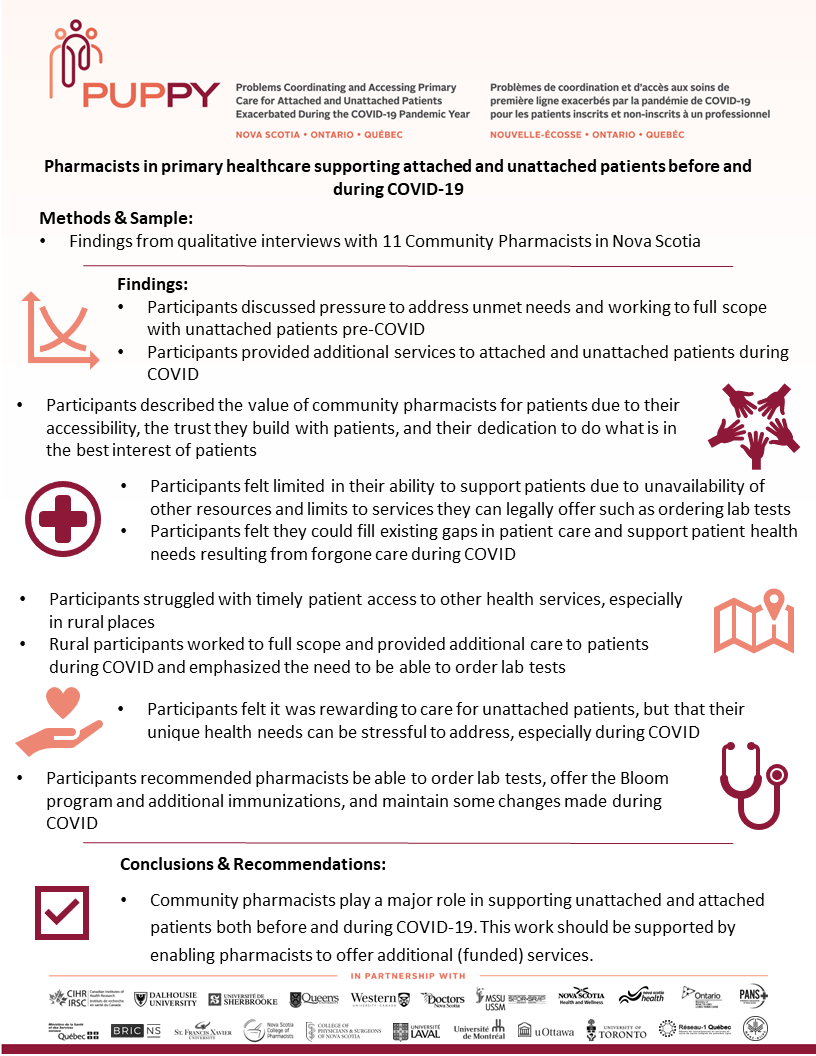
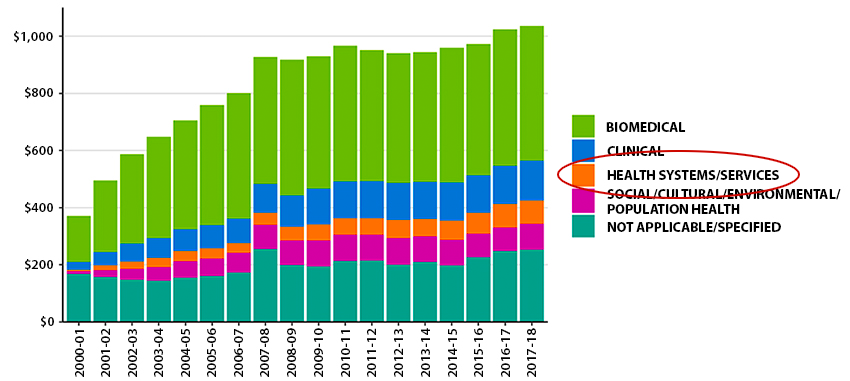
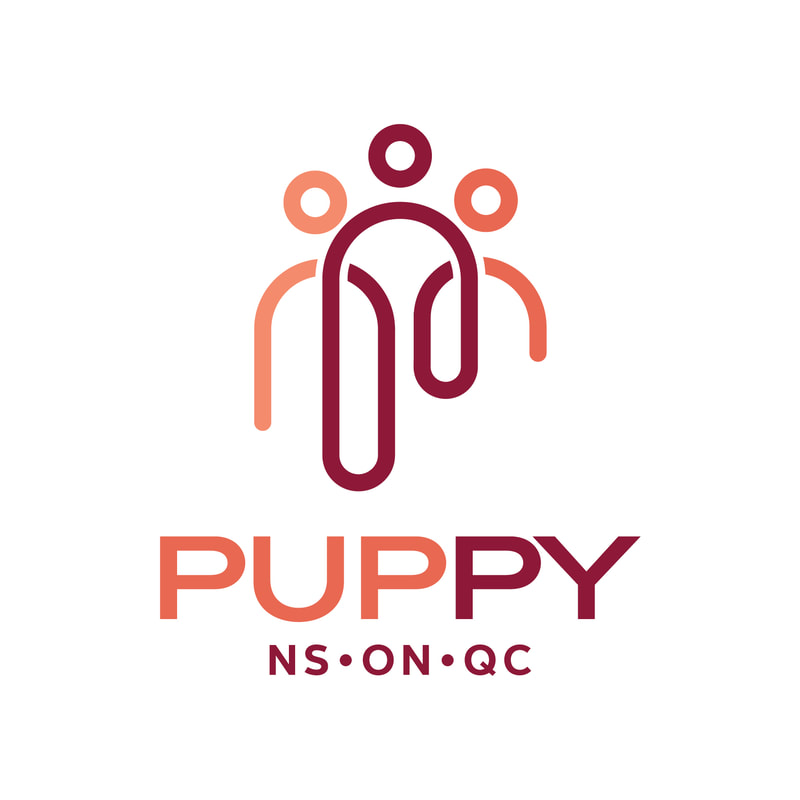
 RSS Feed
RSS Feed